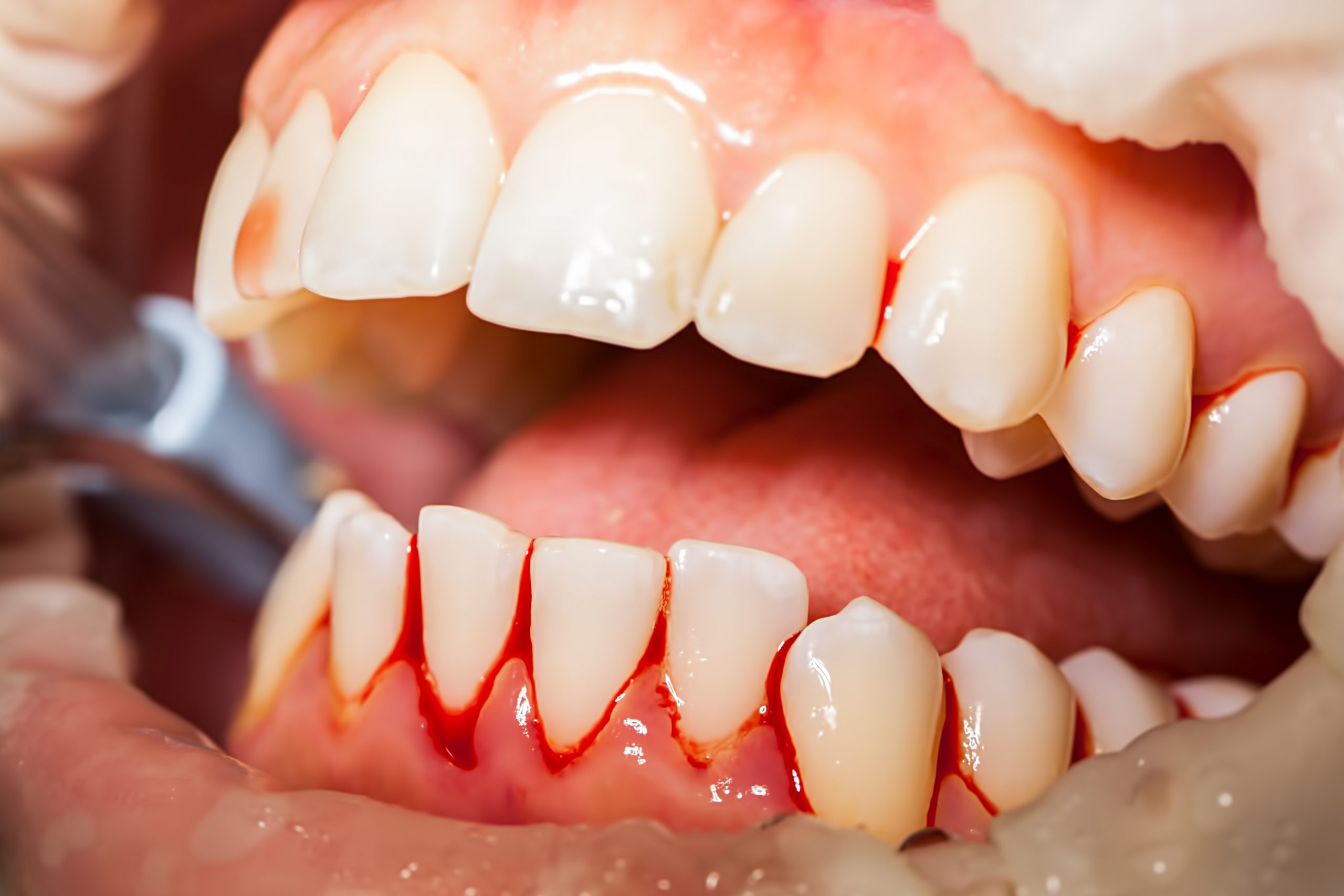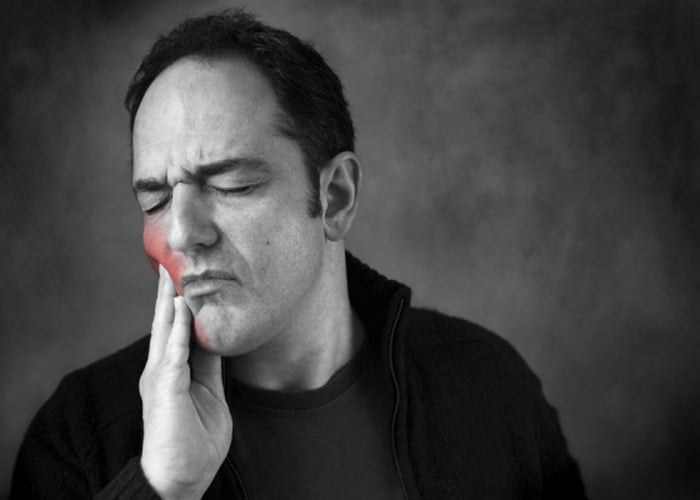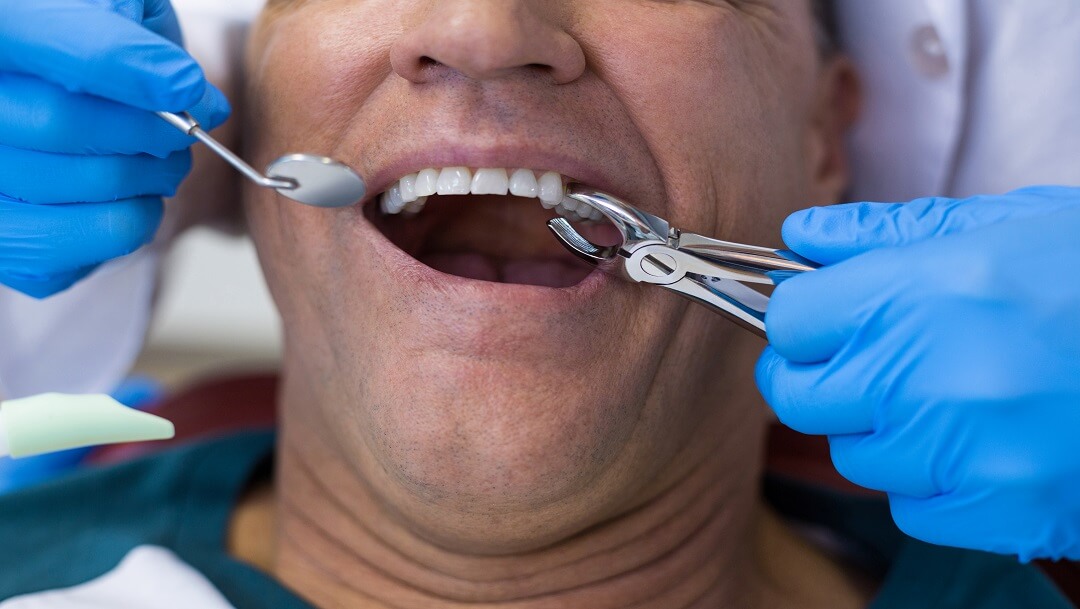Best Info About How To Stop Bleeding After Tooth Pulled

Post‐extraction bleeding (peb) is a recognised, frequently encountered complication in dental practice, which is defined as.
How to stop bleeding after tooth pulled. Make sure to bite down tightly on the gauze. Maintain proper oral hygiene. Controlling the bleeding with a gauze.
After a tooth extraction, your dentist will place a gauze on the wound to stop the bleeding. Take some clean gauze, and gently swab the loose blood clots from your mouth. If the bleeding is minor, as is usually the case with a loose baby tooth, no intervention is likely necessary.
Spitting or using a straw. Patients should make sure to keep their mouths clean after a tooth. Touching the extraction site with your tongue or finger.
Of course, it can be alarming and maybe even uncomfortable, but it should go away once a clot forms. Bite tightly on the gauze. After one hour, you should gently take the gauze.
Your dentist will assess your affected tooth and surrounding gums. That's typically about one hour. Apply clean, damp cotton gauze for fifteen minutes.
A hole from a simple extraction of a small tooth with a single root usually takes about 7 days to close and heal. The dentist will pack a gauze pad into the socket and have you bite down on it to help stop the bleeding. Its severe form is called periodontal disease, and it.
You want the gauze to be big enough so that. When bacteria builds up and forms plaque underneath the gums, it can cause gum disease. In some cases, bacterial buildup can cause the blood clot to break down.
As long as the area is bleeding or oozing, you should leave the dressing in place. Exercise or lifting heavy objects. What happens before a tooth extraction?
Stopping postoperative bleeding. After 24 hours, rinse your mouth with a salt solution, made with half a teaspoon of salt and 8 ounces warm water. You can help to keep the bleeding under control by placing gauze over the extraction site.
Fold a piece of clean gauze (provided by your dentist). Taking aspirin because it interferes. Right after having your tooth extracted, you will experience bleeding.
















